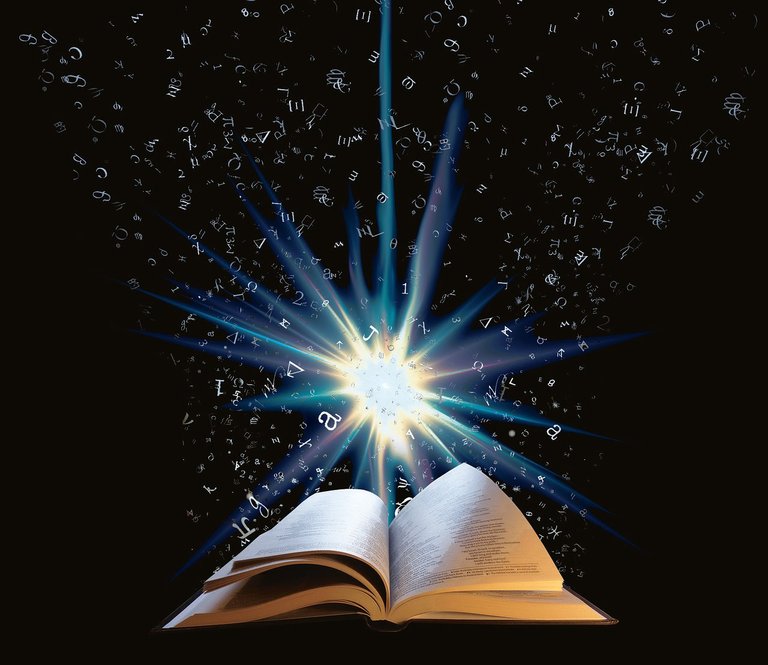
Today I want to talk about my thoughts on what wisdom is and how it differs from knowledge. Since I think the two are often confused, in particular, some people confuse deep or profound knowledge with wisdom, and although both are related, and I would say both are very important, ultimately, there is a reason why philosophy is precisely the love of wisdom, and not of knowledge.
For me, and to my understanding, wisdom is a quality of the soul or psyche. It is a learning that has been done and is deeply rooted. It's not something you can unlearn or forget, or at least not easily. Even when you are not fully aware or conscious of it, it doesn't go away. It is a type of learning that is not done by reading something or listening to someone, as with knowledge. One can indeed acquire knowledge by reading books, studying and listening to other people, or in many other ways. However, wisdom is not acquired in the same way. Wisdom cannot be easily transmitted from one person to another, but requires one's own personal realization or understanding of something. Reading or any other similar activity does not produce wisdom I think, only knowledge.
The major difference, for me, lies in the fact that knowledge is something merely intellectual. How many times has it not happened that we know something, we have heard it and read it countless times, yet, for all intents and purposes, it is as if we don't know it, as if we don't fully understand it. We can know, for example, that something is bad for us, and yet we do it, or know on the contrary that something is good, and don't do it.
Knowledge is something of the mind, uniquely rational, but it does not necessarily translate into a change of our psyche.
Wisdom on the other hand, I would dare to say, is intuitive. It is a direct realization that surpasses any rational definition and any attempt to put it into words.
I don't usually post many examples from movies, but in this case I think it would be enormously helpful to address what I mean.
Let's look at The Matrix. Why, if they are in a simulation, as Morpheus explained, and most of the protagonists know it, does no one do what Neo does? Why doesn't everyone fly and stop bullets and do similar things? Why, if they know it's all fake, why aren't they able to do it? Why only Neo?
The answer is, I think, that they "know" that the world they are in is a simulation. It is knowledge, not wisdom. They intellectually have in their minds the knowledge that the world is not real, however, not much more than this. At first, Neo is also like this. Morpheus explains to him that they live in a simulation, and Neo understands it rationally, nothing more.
But then he dies, and during he truly realizes that he is in a simulation, he has this personal understanding of reality. It's a revelation. It's an epiphany. It is there that he truly understands what he knew before. It is an understanding beyond reason, since rationally he already knew that he was living in a simulation. It's an intuitive understanding.
This is the difference between someone who is truly wise, and someone who simply has knowledge.
Now, as I said, philosophy is the love of wisdom. Philosophy seeks that personal and intuitive understanding, it is not satisfied with the vain repetition of previously heard or read knowledge, but goes beyond it. That is why I believe that the practice of philosophy is highly recommended for any person.
But ultimately, I will say, that there are no shortcuts to wisdom, no matter how much knowledge you accumulate, this is a learning that is realized only as we evolve.
Image Source: 1